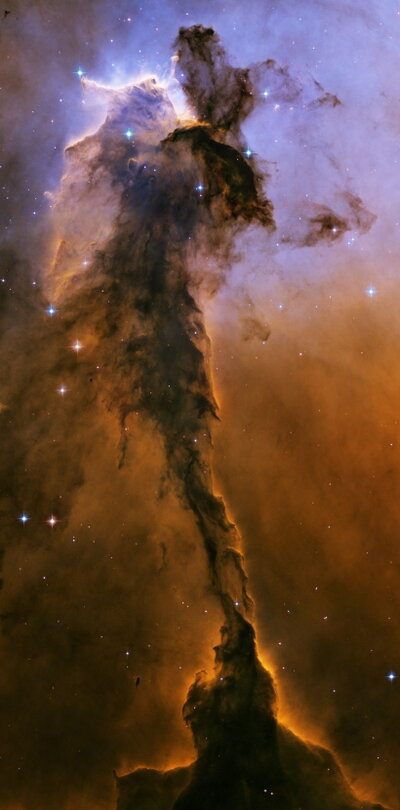

Astrophysics, the study of how the universe works by applying the methods and principles of physics, is the cornerstone of modern astronomy. Astrophysicists seek to answer some of the biggest questions known today, from studying the formation of stars and planets to black holes and dark energy. Students majoring in Astrophysics must complete advanced coursework in astronomy and physics, allowing them to demonstrate the rigorous preparation necessary for graduate study in astronomy, physics, and planetary and space sciences. Leveraging the strengths of the Departments of Astronomy and Physics, this program provides students with exposure to the frontiers of scientific research while preparing them for employment in a range of technical or scientific fields.
- Degree Requirements
- Sample Course Plan
- Learning Objectives
- Graduate Success
- Academic Advising
Students with a strong interest in astrophysics but seeking a program that offers greater flexibility for pursuing double majors or minors should also consider the Astronomy major.
Students who plan to pursue careers in astronomy or related technical fields that attach importance to a sound grounding in computer science or data science should also consider the Computer Science + Astronomy or Astronomy + Data Science majors.